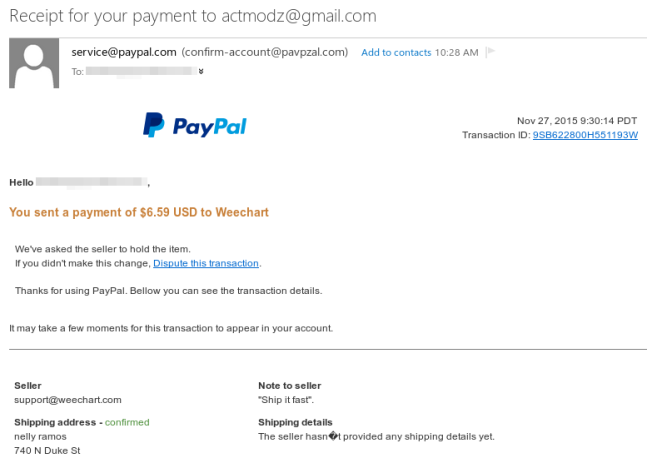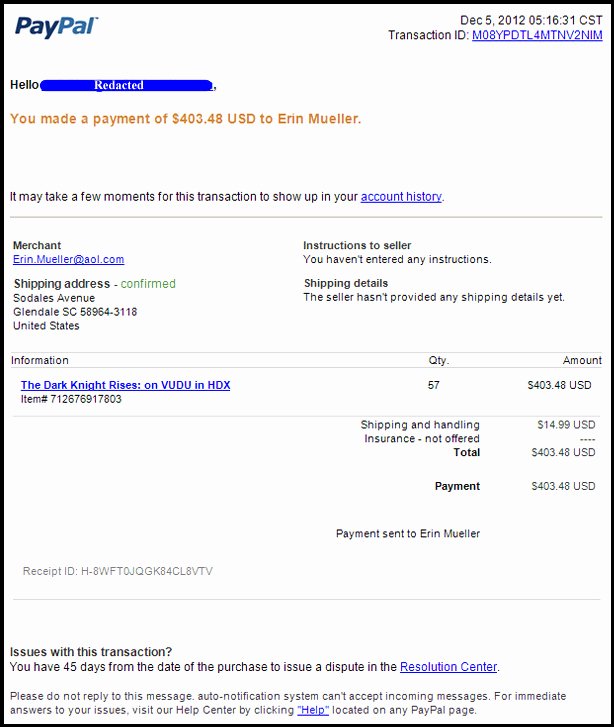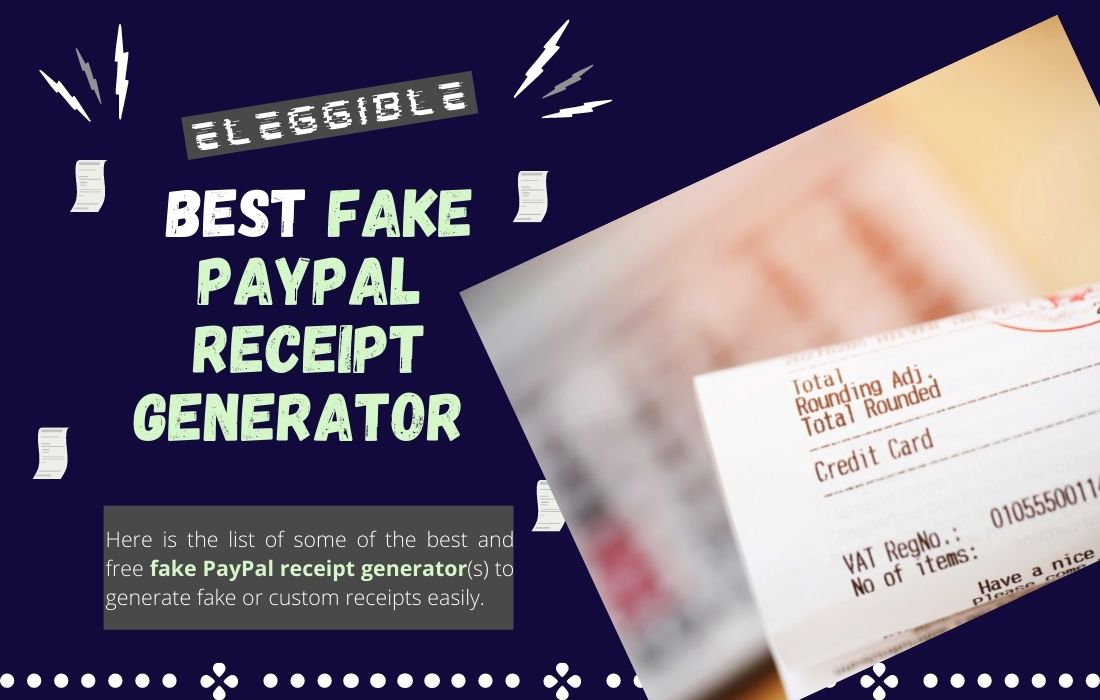Paypal Fake Receipt Generator

Executive Summary

This comprehensive guide provides an in-depth analysis of PayPal fake receipt generators, exploring their functionality, benefits, risks, and legal implications. Understand the purpose and operation of these tools, along with practical considerations for their ethical use.

Introduction
In the digital age, the demand for online payments and documentation has surged. While services like PayPal facilitate secure and convenient transactions, there is a growing concern regarding the creation of fake receipts. This guide will shed light on PayPal fake receipt generators, empowering you with the knowledge and resources to navigate this complex landscape responsibly.
Frequently Asked Questions (FAQs)
1. What is a PayPal fake receipt generator?
A PayPal fake receipt generator is a software tool that allows users to create realistic PayPal receipts without making actual transactions. These receipts mimic the authentic design and format of genuine PayPal receipts, providing the appearance of a legitimate payment.
2. Why would someone use a PayPal fake receipt generator?
There can be various reasons why individuals use PayPal fake receipt generators. Some may use them for reimbursement claims, providing documentation for expenses or purchases. Others may use them for personal or business record-keeping purposes.
3. Is it legal to use a PayPal fake receipt generator?
The legality of using a PayPal fake receipt generator depends on the context and intent of its use. In some cases, creating fake receipts may be considered fraud or forgery. It is crucial to understand the ethical and legal implications before utilizing these tools.
Subtopics
Purpose of PayPal Fake Receipt Generators
- Facilitate expense reimbursement claims by providing documentation.
- Create records for accounting and bookkeeping purposes.
- Provide proof of purchase for personal or business transactions.
Benefits of PayPal Fake Receipt Generators
- Convenience and accessibility: Easy to use and create receipts on demand.
- Customization: Ability to customize receipt details, such as transaction amounts, dates, and recipients.
- Time-saving: Eliminates the need for manual receipt creation.
Risks of PayPal Fake Receipt Generators
- Fraudulent use: Potential misuse for unauthorized purchases or reimbursements.
- Ethical concerns: May involve manipulating evidence or deceiving others.
- Legal implications: In certain circumstances, creating fake receipts may constitute a criminal offense.
Legal Implications of PayPal Fake Receipt Generators
- Forgery: Depending on the jurisdiction, creating fake receipts may be considered forgery, a serious criminal offense.
- Fraud: Using fake receipts for fraudulent purposes, such as reimbursement claims, can have legal consequences.
- Civil liability: May lead to civil lawsuits from individuals or businesses affected by the use of fake receipts.
Ethical Considerations for PayPal Fake Receipt Generators
- Transparency: Clearly communicate the purpose of using a fake receipt generator to avoid deception.
- Accountability: Take ownership of the receipt’s creation and ensure its accuracy.
- Privacy: Respect the privacy of individuals involved in the transaction and protect sensitive information.
Conclusion
PayPal fake receipt generators can provide convenience and efficiency in certain situations. However, it is essential to approach their use with caution and ethical considerations. Understanding the potential risks and legal implications is paramount. By adhering to ethical guidelines and respecting the rights of others, users can harness the benefits of these tools responsibly.
Keyword Tags
- PayPal Fake Receipt Generator
- Expense Reimbursement
- Record-Keeping
- Fraudulent Use
- Ethical Considerations
